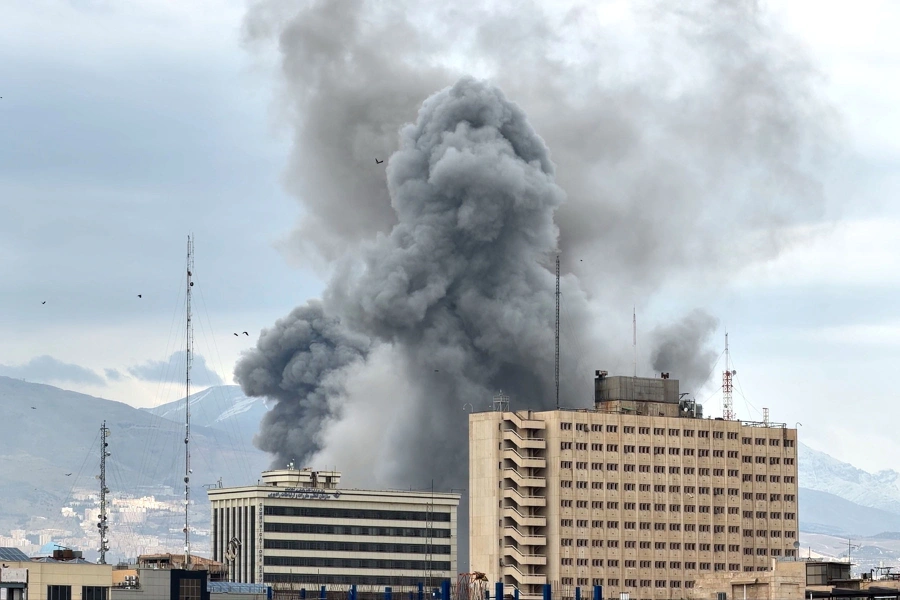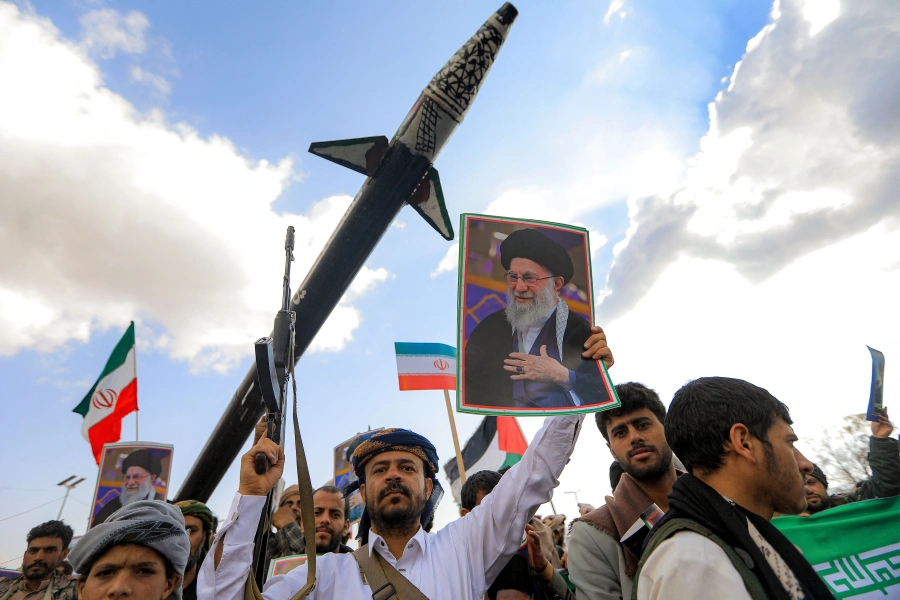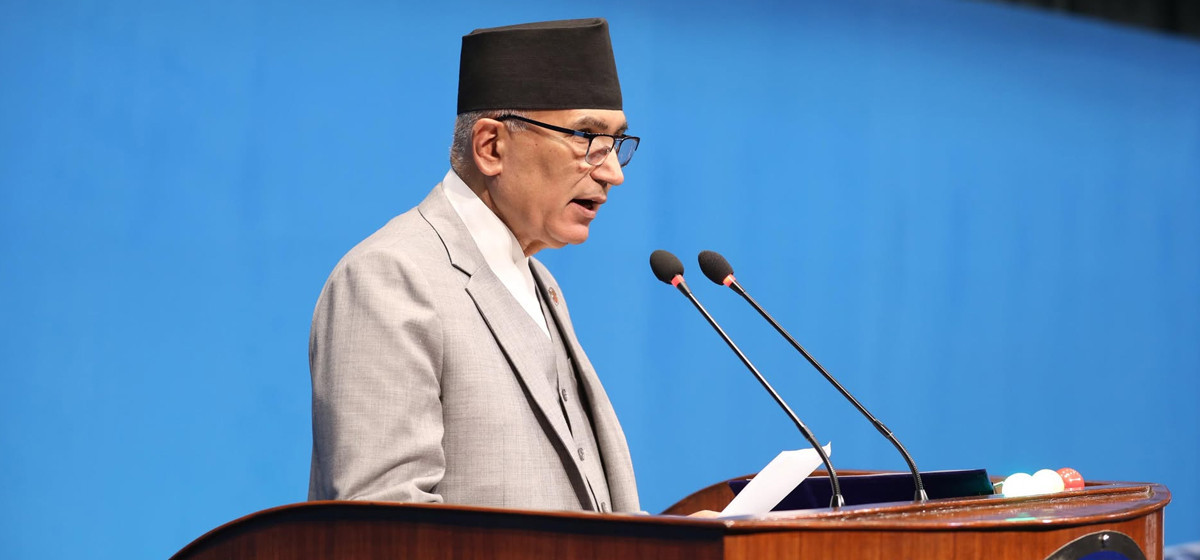On the fateful evening on Wednesday, Nepali Congress (NC) lawmaker Chandra Bhandari and his octogenarian mother Hari Kala Bhandari were severely injured in a cooking gas cylinder explosion. While his mother passed away the following morning while undergoing treatment at the Kirtipur Burn Hospital, family members were advised to immediately airlift lawmaker Bhandari to a state-of-the-art facility burn hospital outside the country for further treatment. Accordingly, Bhandari was flown to a Mumbai-based hospital where he underwent a surgery on Friday and his further treatment is currently underway. This particular case highlights the urgent need to establish at least one state-of-the art acute burn care hospital in Nepal. Burn injuries are one of the most painful and life-threatening injuries a person can experience, and in Nepal, the current facilities available for the treatment of such injuries are far from adequate. It has been a compulsion rather than a choice to go abroad for treatment in case of acute burn injuries. As a newspaper, we think it is a matter of shame for a country to not have even a single state-of-the-art burn care hospital. We urge the government to take initiative to establish one such hospital in Nepal itself in addition to enforcing stringent regulations to ensure proper safety standards of cooking gas cylinders.
Burn injuries can be caused by various factors, including accidents, fires, and even acid attacks. The severity of these injuries can range from minor burns to life-threatening injuries that require immediate medical attention. Unfortunately, many people do not have access to necessary treatment and care for such injuries in Nepal. There are very few burn injury treatment facilities in Nepal. Worse still, these facilities are not equipped with state-of-the-art technology or trained medical professionals to handle severe burn cases. The lack of proper healthcare facilities for burn injuries has had a devastating effect on ordinary people in the country. Since not all people can afford to go abroad for treatment, many burn victims are left with lifelong physical and psychological scars, which affect their well-being and quality of life. In many cases, burn injuries can be fatal, and the lack of proper medical care can even result in loss of life.
‘Govt should approve bill on burn victims’ treatment’

As evident in Nepal, one of the main causes of burn injuries is the accident involving cooking gas cylinders. These cylinders are widely used in Nepalese households, and the lack of proper safety standards and regulations has led to serious accidents and injuries time and again. This necessitates government regulatory bodies concerned to take necessary action to ensure that all cooking gas cylinders meet proper safety standards and regulations. This will help to significantly reduce the number of accidents and injuries caused by these cylinders, which will ultimately lead to a reduction in the number of burn injury cases in Nepal. We think the measures to improve safety standards of cooking gas cylinders and create awareness among people on fire safety should accompany the government’s proactive initiation to build state-of-the-art facilities for burn injury treatment in Nepal. These facilities should be equipped with the latest technology and medical equipment to ensure that burn victims receive the best possible care. Additionally, these facilities should have a team of trained medical professionals, who specialize in the treatment of burn injuries.
Various countries including our immediate neighbors have specialized hospitals for burn injuries. They have a wealth of experience and expertise in this field. In addition to our neighbors, the government can work with international organizations and donors and seek their technical expertise, as necessary, to build these facilities and make burn care facilities available within the country. As the lack of proper healthcare facilities for burn injuries is a major issue in Nepal, we urge the government to take this matter seriously and to take the steps necessary to establish such facilities so that those who require such treatment do not need to travel abroad. Access to proper health care is a fundamental right of citizens and the government cannot buckpass its responsibility.






































